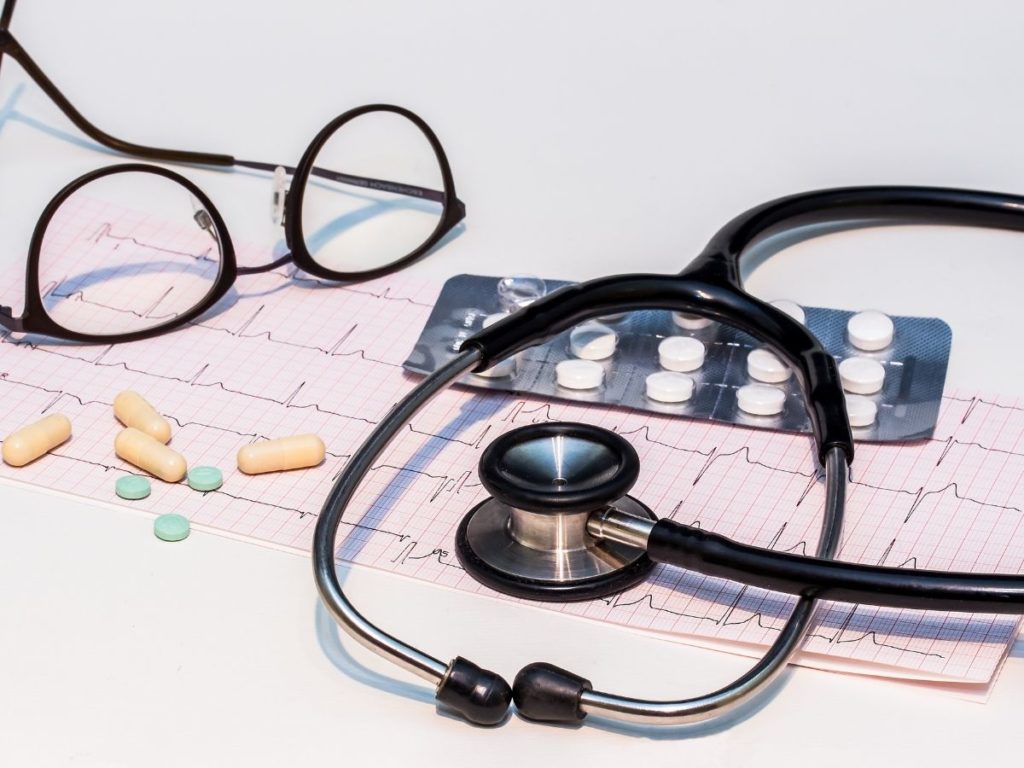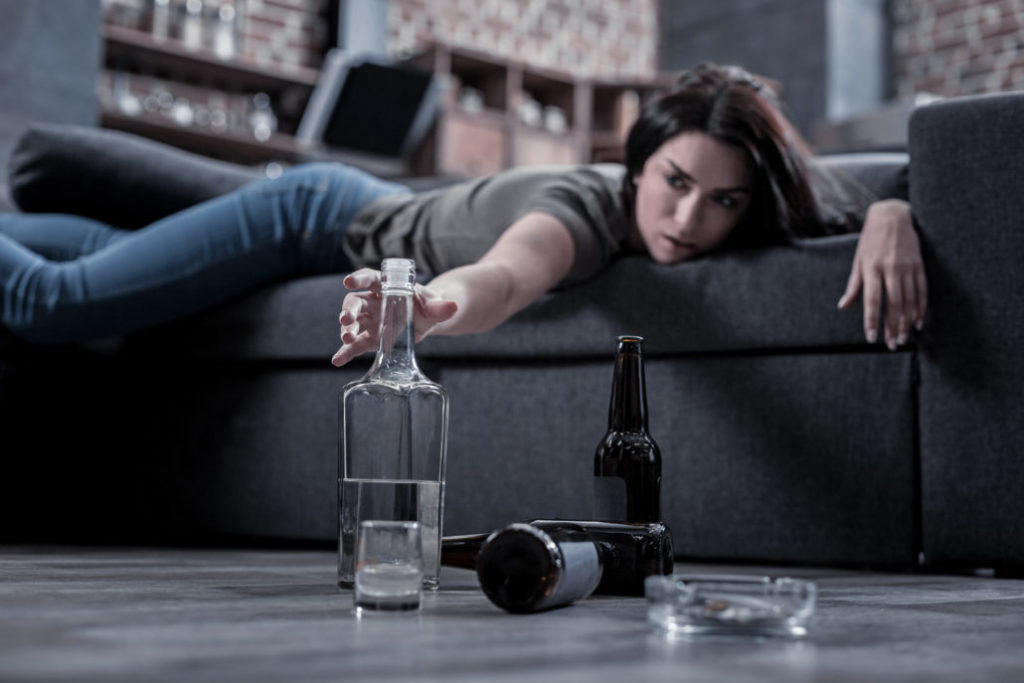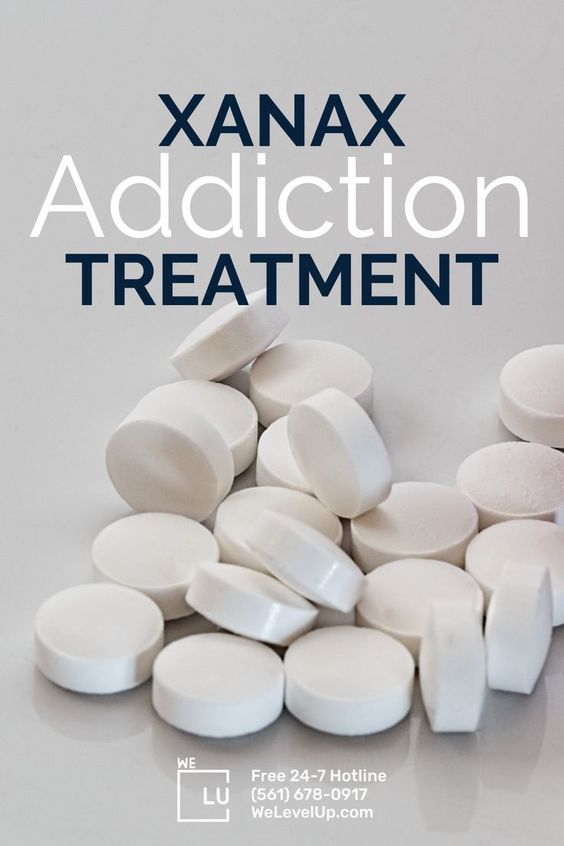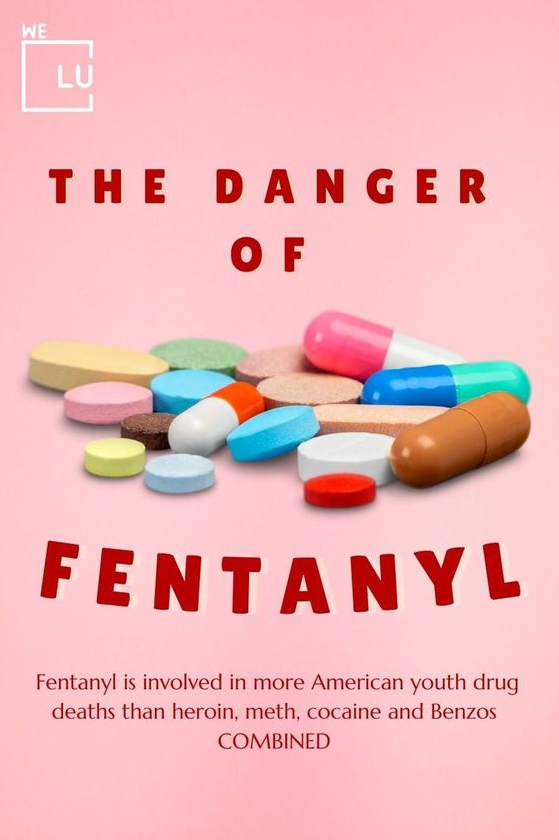What is Diabetes?
Diabetes mellitus, which affects an estimated 16 million people in the United States, is a complex disorder interfering with the body’s sugar (i.e., carbohydrate), fat (i.e., lipid), and protein metabolism. The disease is caused in most cases by a deficiency or complete lack of the hormone insulin, which is produced in the pancreas, or by an inability of the body to respond appropriately to insulin (i.e., insulin resistance). The results of both conditions can include chronically elevated blood sugar levels, excessive excretion of sugar in the urine, and the accumulation of certain acidic substances in the blood.
If not prevented or treated properly, these changes can lead to coma and even death. Other adverse events associated with diabetes affect the eyes, kidneys, nervous system, skin, and circulatory system. Because alcoholism, at least on a social level, is widespread among diabetics as well as nondiabetics, clinicians and researchers must understand alcohol’s effect on the progression and complications of diabetes.
Diabetes mellitus refers to a group of diseases that affect how your body uses blood sugar (glucose). Glucose is vital to your health because it’s an important source of energy for the cells that make up your muscles and tissues. It’s also your brain’s main source of fuel. [1]
Alcohol and Diabetes
The hormone insulin, which is produced in the pancreas, is an important regulator of blood sugar levels. In people with diabetes, the pancreas does not produce sufficient insulin (type 1 diabetes) or the body does not respond appropriately to the insulin (type 2 diabetes). Alcohol consumption by diabetics can worsen blood sugar control in those patients. For example, long-term alcohol use in well-nourished diabetics can result in excessive blood sugar levels. Conversely, long-term alcohol ingestion in diabetics who are not adequately nourished can lead to dangerously low blood sugar levels.
Heavy drinking, particularly in diabetics, also can cause the accumulation of certain acids in the blood that may result in severe health consequences. Finally, alcohol consumption can worsen diabetes-related medical complications, such as disturbances in fat metabolism, nerve damage, and eye disease.

Type 1 Diabetes and Alcohol
The two most common forms of diabetes are type 1 and type 2 diabetes, with type 2 diabetes accounting for at least 90 percent of all cases. Type 1 diabetes is an autoimmune disease—that is, a disease in which the body’s immune system attacks and destroys not only foreign molecules or organisms but also some of the body’s own cells. In most patients, the disease develops before age 40, primarily during childhood or adolescence. In those patients, the immune system attacks certain cells of the pancreas, called beta cells.
Beta cells produce insulin, one of the two major hormones involved in regulating the body’s blood sugar levels and other metabolic functions. Most importantly, insulin leads to the uptake of the sugar glucose into muscle and fat tissue and prevents glucose release from the liver, thereby lowering blood sugar levels (e.g., after a meal). As a result of the immune system’s attack, the beta cells can no longer produce insulin. Consequently, the patient essentially experiences total insulin lack. Because insulin is a key metabolic hormone, insulin deficiency leads to major impairment of the body’s regulation of carbohydrate, lipid, and protein metabolism.
Moderate amounts of alcohol may cause blood sugar to rise, excess alcohol can actually decrease your blood sugar level – which can be dangerous for people with T1D. People with T1D should only drink while eating food.
Beer and sweet wine contain carbohydrates and may raise blood sugar. People may overeat when drinking alcohol which also can increase your BG. Always wear a medical alert piece of jewelry that says you have diabetes. And in emergency glucagon may not work so tell people to call 911 (your liver is busy filtering alcohol so the glucagon may not work).
Talk to your doctor about drinking with type 1 diabetes and ask if they would recommend any changes to your routine. Also, discuss any medications you are taking and how that might impact the effects of alcohol.
Alcohol and Diabetes Type 2
Type 2 diabetes, which in most cases develops in people over age 40, has somewhat different pathophysiology than type 1. People with type 2 continue to produce insulin in early disease stages; however, their bodies do not respond adequately to the hormone (i.e., the patients are resistant to insulin’s effects). Thus, insulin does not lower blood sugar levels to the extent that it does in people without diabetes. Insulin resistance is partly inherited and partly acquired. For example, obesity, inactivity, and cigarette smoking may worsen genetically determined insulin resistance.

Insulin resistance does not immediately lead to overt diabetes, because the patient’s pancreatic beta cells initially can increase their insulin production enough to compensate for the insulin resistance. In fact, insulin-resistant people have higher than normal insulin levels (i.e., are hyperinsulinemic).
In time (i.e., probably after several years), however, the pancreas cannot keep up with the increased demand for insulin; although insulin production still may be higher than in nondiabetic people, it is no longer sufficient to overcome insulin resistance.
Ultimately, insulin secretion declines even further, to levels below those seen in nondiabetics (although generally still higher than those seen in type 1 diabetics). At that point, when a deficit in insulin secretion is combined with a state of insulin resistance, the person develops type 2 diabetes.
Thus, whereas type 1 diabetes is characterized by a complete lack of insulin production, type 2 is characterized by reduced insulin production plus insulin resistance.
The body processes alcohol differently from most other foods. This can have a number of implications for people with type 2 diabetes. To understand why, it helps to have a broad understanding of what happens to the alcohol in, say, a glass of wine after you drink it:
- The wine goes directly to the stomach. What happens next depends on whether or not food is there.
- If there is food in the stomach, the pyloric valve—which separates the stomach from the small intestine—will be shut so that the food can be digested before moving to the small intestine. This traps the alcohol in the stomach. If there is no food in the stomach, the pyloric valve is open and the alcohol can go straight into the small intestine.
- In the stomach or intestine, alcohol is absorbed directly into the bloodstream. This is possible because alcohol is made up of molecules that are so small they can be taken up by the thousands of tiny blood vessels that line the stomach and the small intestine.
- Once in the bloodstream, alcohol travels to cells throughout the body. It eventually winds up in the the liver, which is the only organ that metabolizes (breaks down) alcohol.
At this point, alcohol can affect blood sugar in ways that are especially important for people with type 2 diabetes. This is because the liver is where excess glucose is stored in a form called glycogen.
When blood sugar levels dip too low, the liver converts glycogen into glucose. This glucose is released into the bloodstream to bring levels up to normal. However, the liver can’t do this and metabolize alcohol at the same time. So it will focus on dealing with alcohol first rather than converting glycogen to glucose. As a result, blood glucose levels remain low. [2]
Alcohol Can Cause Hypoglycemia
Alcohol-induced hypoglycemia typically occurs in people (both diabetics and nondiabetics) who, sometimes for days, have been drinking alcohol but not eating. In such a fasting state, the body has two major mechanisms for maintaining the blood sugar levels necessary to provide energy to the brain: (1) breakdown of glycogen, or glycogenolysis, and (3) production of glucose, or gluconeogenesis.
The combination of alcohol-induced hypoglycemia, hypoglycemic unawareness, and delayed recovery from hypoglycemia can lead to deleterious health consequences. For example, Arky and colleagues (1968) studied five diabetics who experienced severe hypoglycemia after ingesting alcohol. In all five patients, the alcohol-induced hypoglycemia induced neurological changes, such as incontinence, inability to follow simple commands, perseveration, disorientation, and impairment of recent memory. In three patients, those changes did not reverse, even after months or years. The two other patients died as a result of complications indirectly related to their hypoglycemia-induced neurological changes. [4]
Diabetes and Alcohol Consumption
Occasional episodes of alcohol consumption generally do not worsen blood sugar control in people with diabetes and may even have beneficial effects. Regular consumption of even moderate amounts of alcohol (i.e., two to four drinks per day), however, clearly interferes with diabetic blood sugar control and increases the risk of impotence; peripheral neuropathy; and, possibly, retinopathy.
Drinking is individualized and there’s no universal rule for how to do it safely when you live with diabetes. Talk to your doctor about your drinking habits and they can provide you with tips and tricks for how to drink in a way that works for you.

Excessive Alcohol and Diabetes
Diabetes is very common. According to the National Diabetes Statistics Report 2020, 34.2 million people in the United States had diabetes in 2018. The percentage of the population with diabetes increases according to age, reaching 26.8% in adults aged 65 and older.
Moderate alcohol consumption does not raise the risk of type 2 diabetes; however, heavy consumption might. Overall, alcohol consumption leads to less predictable blood sugar levels, and this can be a risk. [5]
Alcohol Addiction Treatment
If you are an alcoholic, your very first step in recovery should be to medical detox in a safe and medically supervised setting. [6] We Level Up TX drug addiction and alcohol treatment center medically assists clients to clear their systems of addictive substances, such as alcohol. For anyone who suffers from addiction, just the thought of having to stop drinking alcohol can cause severe mental distress. But, with the help of a medical detox center, the medical detox process is managed.
A comprehensive team prescribing medications can alleviate your withdrawal pains while monitoring your health 24 hours. Assuring both your safety and comfort. We Level Up TX’s thorough approach to rehabilitation supports several levels of care to ensure the best possible outcome for every client who enters our doors. From an intensive and more supportive atmosphere for those in the early days of recovery to a comfortable residential-style living dynamic upon completion of detox, we are here to help guide you down the safe and results-based path to your sobriety.
If you or someone you love is seeking a safe, secure, and compassionate resource for alcohol and diabetes type 2, We Level Up TX is here for you. Call us and speak with an addiction counselor today about our levels of care.
Sources:
[1,3,4] Consequences of Alcohol Use in Diabetics – National Center for Biotechnology Information, U.S. National Library of Medicine
[2] Can I Drink Alcohol If I Have Type 2 Diabetes? – https://www.verywellhealth.com/can-i-drink-alcohol-if-i-have-type-2-diabetes-1087730
[5] What to know about type 2 diabetes and alcohol – https://www.medicalnewstoday.com/articles/type-2-diabetes-and-alcohol
[6] We Level Up – Addiction » Alcoholism Treatment





